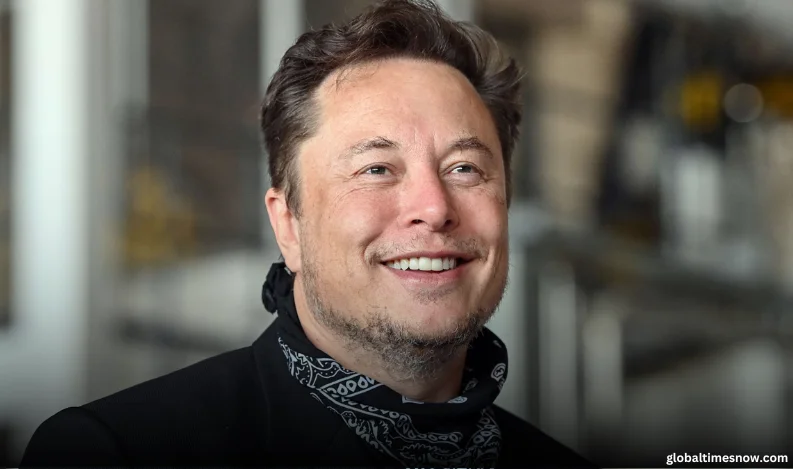Washington, D.C. – SpaceX CEO Elon Musk has predicted that humans could travel to Mars within the next 20-30 years, emphasizing his company’s long-term goal of making interplanetary travel accessible to all. Speaking in an interview with Fox News’ Sean Hannity, Musk stated that SpaceX is committed to taking anyone willing to make the journey.
Starship Key to Mars Mission
Musk highlighted SpaceX’s Starship rocket as the centerpiece of the Mars mission. The fully reusable spacecraft, standing 403 feet tall, is currently under development and is expected to launch its first mission to Mars by the end of 2026.
“Starship will depart for Mars at the end of next year, carrying Optimus [Tesla’s humanoid robot]. If those landings go well, then human landings may start as soon as 2029, although 2031 is more likely,” Musk stated in a post on his social media platform, X.
NASA and SpaceX Collaboration
SpaceX is also collaborating with NASA on its Artemis program, which aims to return astronauts to the Moon this decade. A modified version of Starship has been selected as the lunar lander for these missions. However, before embarking on human flights to Mars, SpaceX must prove the vehicle’s reliability, crew safety, and ability to refuel in orbit, which are critical for deep-space travel.
Sunita Williams’ Return Boosts SpaceX’s Reputation
Musk’s comments come just days after NASA astronauts Sunita Williams and Butch Wilmore returned to Earth aboard SpaceX’s Dragon capsule after being stranded on the International Space Station (ISS) for nine months. Their original Boeing spacecraft experienced technical issues, forcing NASA to rely on SpaceX for their safe return.
Following the successful mission, Musk congratulated the crew and acknowledged U.S. President Donald Trump for prioritizing their return. The incident further cemented SpaceX’s role as a key player in human spaceflight.
Challenges Ahead for Mars Mission
While Musk remains confident about sending humans to Mars, challenges remain. Scientists have long debated the feasibility of sustaining life on the Red Planet, with concerns over radiation exposure, long-duration space travel, and life support systems.
Despite these hurdles, Musk insists that SpaceX’s technology and innovation will eventually make Mars travel possible, bringing the vision of a human colony on Mars closer to reality.























